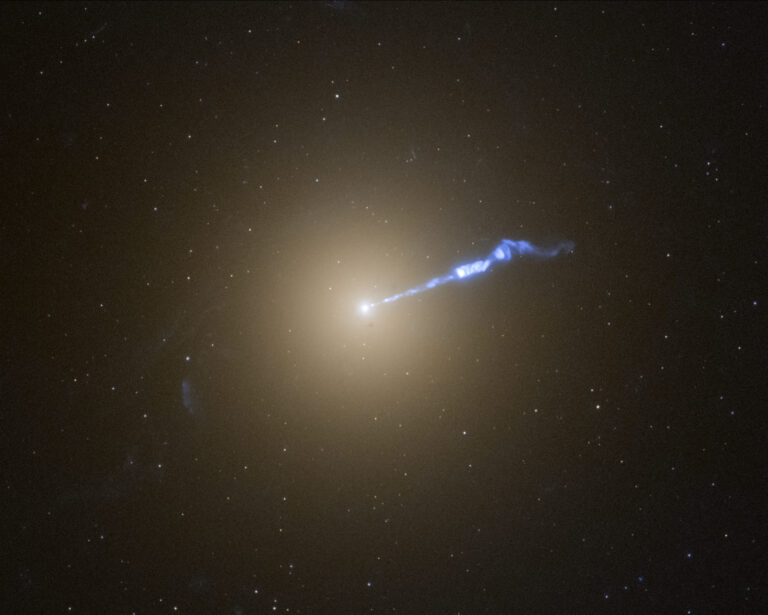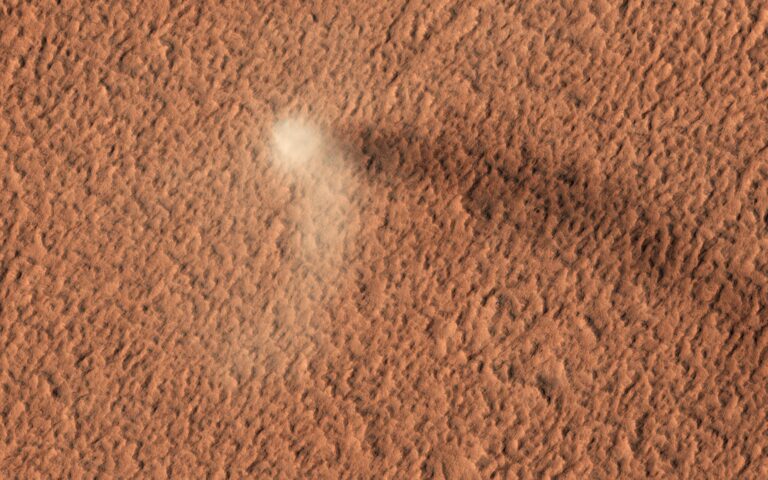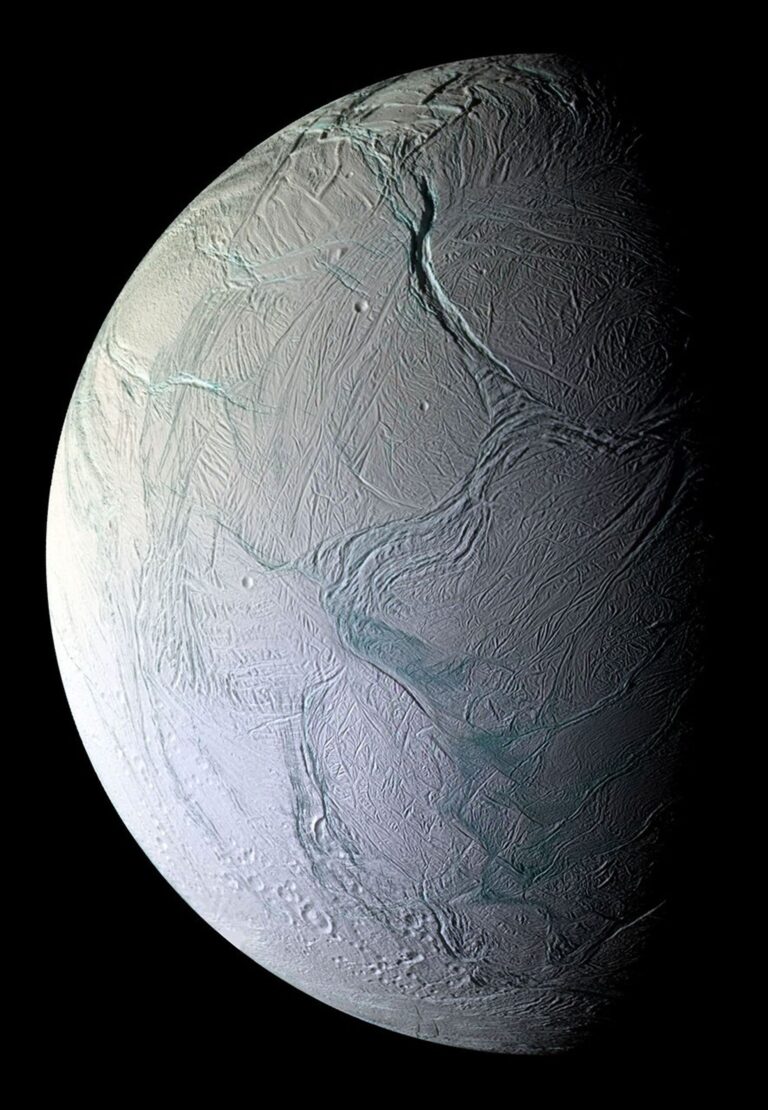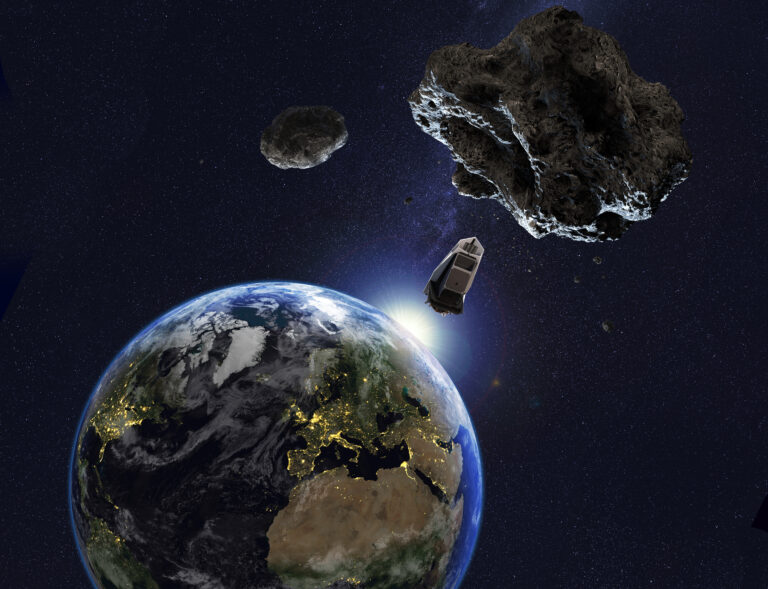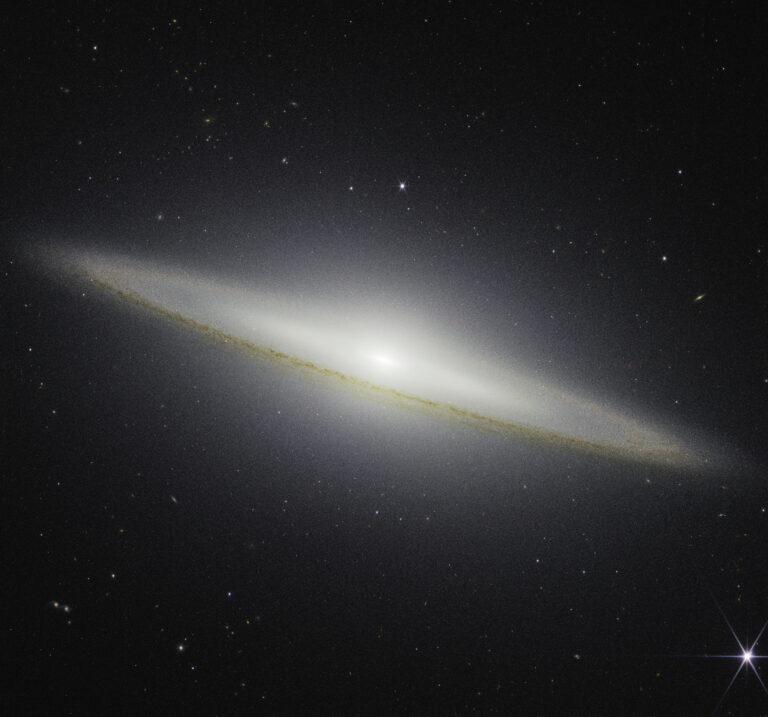
Key Takeaways:
WAUKESHA, WI – Will Pluto remain a planet? It’s certainly the most compelling question to come out of the International Astronomical Union’s (IAU) attempt to define what, exactly, “planet” means. Astronomy magazine editors are prepared to discuss the results of the IAU’s votes. A decision will be announced Thursday morning.
Astronomy magazine editors can provide perspective and context to the landmark announcement. To schedule an interview, contact Matt Quandt at 262.798.6484 or mquandt@kalmbach.com.
Astronomers have debated Pluto’s planetary status since its discovery in 1930. The IAU’s decision will define a planet scientifically – a noble objective for a topic otherwise blurred by emotion, subjectivity, and personal bias. As an example of the range of opinions that factor into this landmark decision, Astronomy editors share their own, diverse perspectives on the issue.
Matt Quandt
Public Relations Specialist
[t] 262.798.6484
[e] mquandt@kalmbach.com
August 23, 2006
Francis Reddy, Associate Editor:
It’s high time astronomers cleaned up their mess in the outer solar system. The danger from last week’s announcement was they’d mess up the rest of it. Twelve planets, with another dozen waiting in the wings, and likely far more? Given the choice of living in a solar system with eight planets or one with 50-plus that included Pluto, I’d have to go with eight.
Pluto will always be special. It’s the first Kuiper Belt object discovered, the first one known to have a satellite, and it will be the first to be seen close-up by a spacecraft in 2015. Give Pluto its due – but no more.
Click here for Reddy’s bio.
Helpful links for reporting on this topic:
With all the history behind us, redefining what constitutes a planet now is silly. If an object is large enough to be spherical and orbits only the Sun, not a planet, it should be considered a planet. Thus, Pluto should remain a planet and Charon should still be considered a moon.
However, historically defined asteroids in the main belt and the Kuiper belt should remain asteroids. Thus, Ceres should not be considered a planet either. Why rewrite history? Xena, on the other hand, having scattered outward from the Kuiper belt and not being an historically known object, and also large enough to be spherical, would be the 10th planet.
Click here for Eicher’s bio. More Astronomy resources:
Astronomy news
This week’s sky events
Astronomy basics
Glossary of astronomical terms
Return to Astronomy “For the media” page Rich Talcott, Senior Editor:
Although Americans have a reputation for being less-than-excited about history, I think history will win out in Pluto’s status. Regardless of whether astronomers decide to keep Pluto as an official planet, the public will not easily let go of a 75-year tradition taught to generations of school kids.
That said, the attempt by astronomers to define a planet based on physical characteristics is the right step. And students will get a much better idea of how science works by learning why scientists debate such topics rather than by memorizing the names of nine planets.
Click here for Talcott’s bio. Michael Bakich, Senior Editor:
The astronomical community would make a huge mistake in removing Pluto from the role of planet. A lot of decisions in and out of science have been made – or not made – based on historical precedent.
In 1930, the year Kansas farm boy Clyde Tombaugh (working at Lowell Observatory in Arizona) discovered Pluto, the International Astronomical Union formalized the constellation boundaries. They could have decided to break the sky up into 50 or 100 similar-size areas, but they didn’t. They used existing star maps that showed ancient constellations and worked from there. Historical precedent led to us having 88 irregularly shaped (but familiar) constellations. Similar sense should dictate that Pluto remains a planet.
The decision to demote Pluto isn’t about science; it’s about ego.
Click here for Bakich’s bio. Laura Layton, Associate Editor:
Pluto’s a planet? Its status as a planet has been questioned from the start. Here’s what separates it from the other eight: It has a highly inclined orbit (about 17° with respect to the ecliptic). Its sidereal period (about 248 days to make its way around the Sun) is rather long. Its size is exceptionally small (about 1,400 miles across), barely larger than the Moon (about 2,160 miles wide). It has a peculiar habit of crossing Neptune’s orbital path. And its location. It lies in the Kuiper belt. Why not make Pluto the first of a new class of objects – the King of the Kuiper Belt, if you will. These objects seem to differ from the eight classical planets, so why not call them something else? This would leave us with an understandable collection of solar-system objects: planets, moons, Plutoids, comets, asteroids, and orbital debris.
Click here for Layton’s bio.


